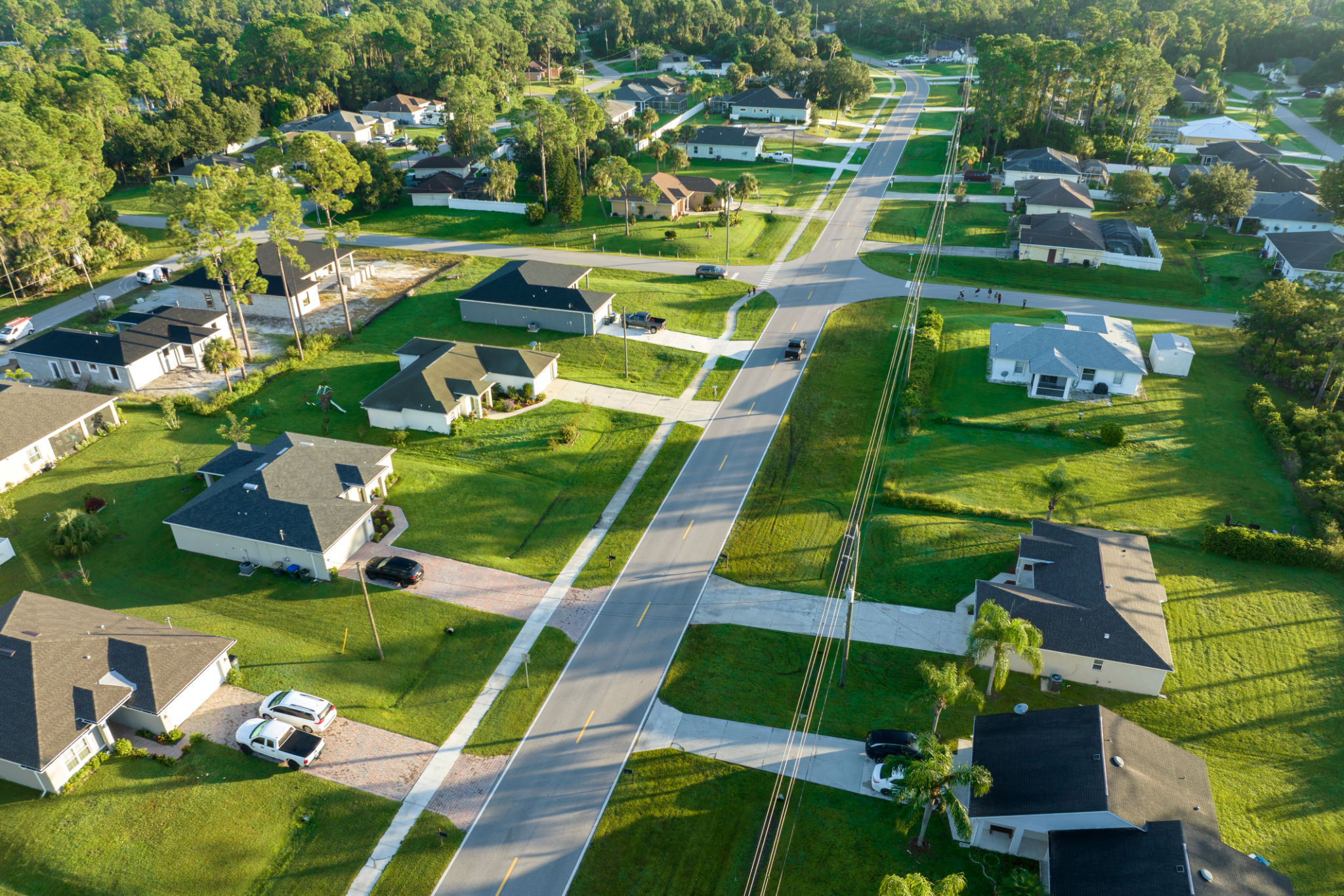How to Evaluate Affordable Housing Investment Opportunities in Florida
Understanding Affordable Housing in Florida
Florida is a popular destination for real estate investment, and affordable housing is becoming an increasingly attractive opportunity. With its diverse population and growing economy, the state offers numerous possibilities for investors looking to make a positive impact while generating returns. But how do you evaluate these opportunities effectively? Understanding the nuances of affordable housing in Florida is the first step.
Affordable housing typically refers to housing that costs about 30% or less of a family's income. This market is crucial as it addresses the housing needs of low to moderate-income families. In Florida, the demand for affordable housing is high, driven by factors like population growth, an influx of retirees, and economic fluctuations.

Researching Local Market Conditions
Before diving into any investment, it's essential to research the local market conditions. Florida's real estate market can vary significantly from one region to another. Understanding local trends, vacancy rates, and rental demands will provide a clearer picture of potential returns. Focus on areas with a strong job market, population growth, and infrastructure development.
Look into local government policies that may affect affordable housing. Some regions offer tax incentives or grants for developing affordable housing projects. Familiarizing yourself with these can enhance your investment strategy by reducing costs and improving profitability.
Identifying Suitable Locations
Choosing the right location is crucial when investing in affordable housing in Florida. Urban areas like Miami, Orlando, and Tampa often present more opportunities due to their larger populations and economic activities. However, smaller cities and suburban areas should not be overlooked, as they might offer less competition and better entry prices.

Evaluating Property Conditions and Costs
When evaluating potential properties, thoroughly assess their conditions. This includes inspecting the building's structure, electrical systems, plumbing, and other critical components. Hiring a professional inspector can help identify issues that may require significant repairs or renovations, impacting your overall investment.
Consider the total costs involved, including purchase price, renovations, property management fees, and ongoing maintenance. Calculate potential rental income and compare it with these expenses to ensure a viable return on investment. Analyzing cash flow projections can assist in determining if the property will be profitable in the long run.
Navigating Legal and Financial Aspects
Investing in affordable housing involves navigating various legal and financial aspects. Ensure compliance with local zoning laws and regulations. Additionally, explore available financing options such as FHA loans or state-specific funding programs designed for affordable housing projects.

Partnering with Experienced Professionals
Collaborating with experienced professionals like real estate agents, property managers, and attorneys can provide valuable insights and assistance throughout the investment process. They can guide you through complex transactions, offer market insights, and help manage your properties effectively.
Building a reliable team ensures smoother operations and can significantly reduce risks associated with property management. Experienced professionals can also assist in maintaining tenant relationships and ensuring compliance with housing regulations.
Monitoring Market Trends
Finally, staying informed about market trends is crucial for long-term success. Regularly review economic indicators, housing policies, and demographic shifts that could impact your investment. This knowledge enables you to make informed decisions about buying, selling, or adjusting your portfolio.
By understanding these factors and diligently evaluating each opportunity, you can successfully invest in Florida's affordable housing market while contributing to community development.